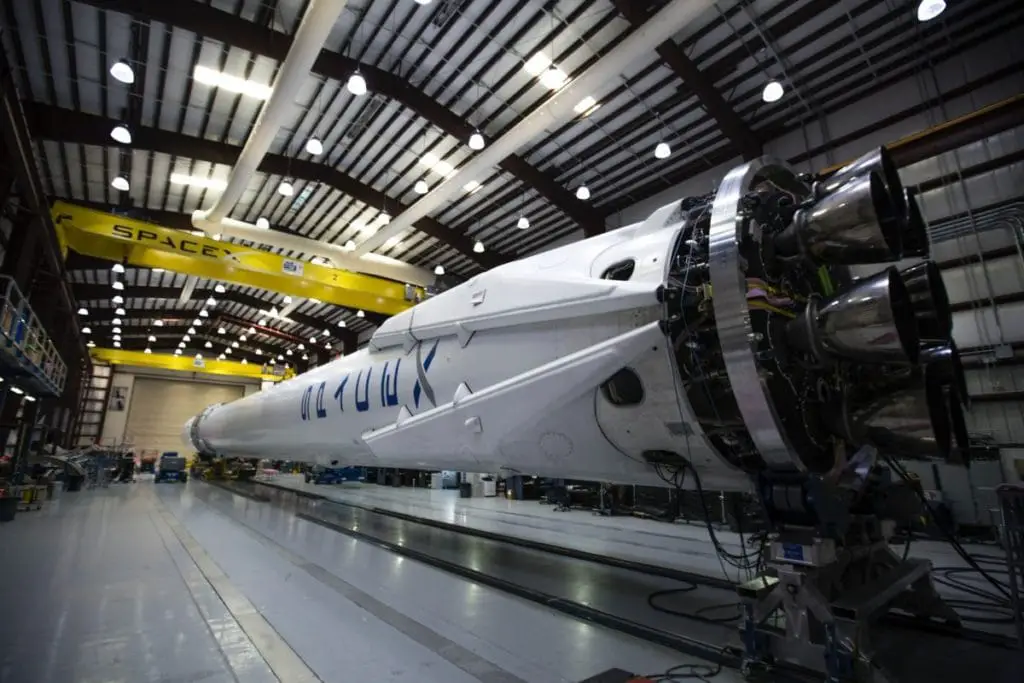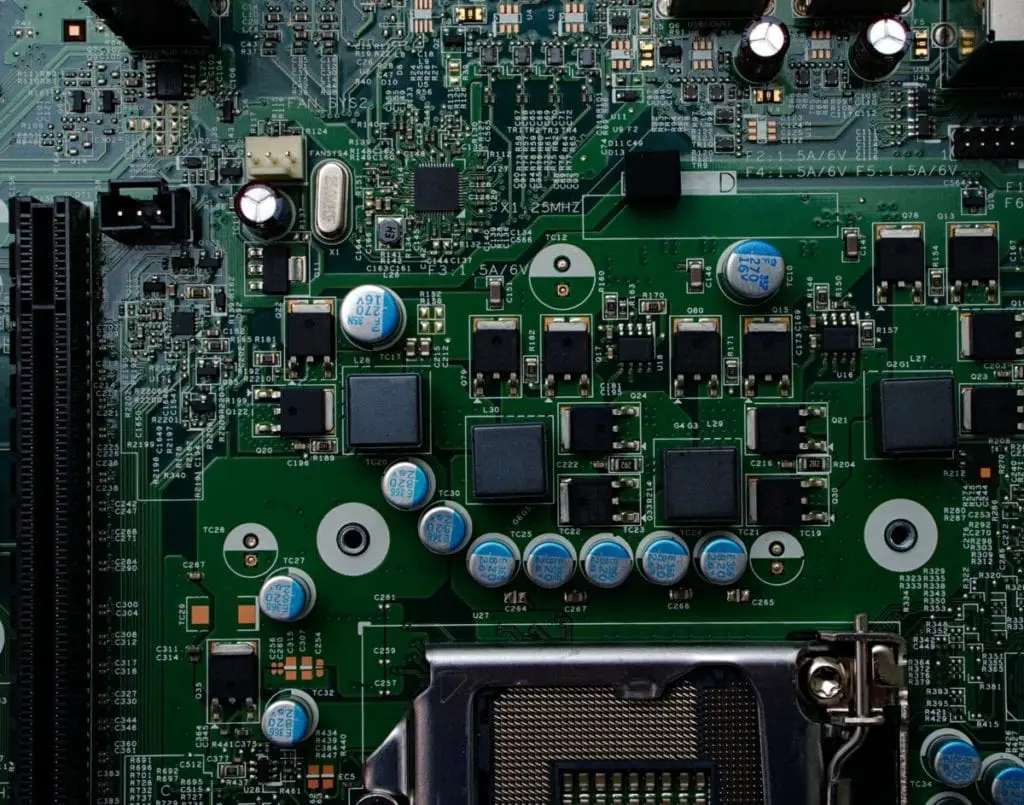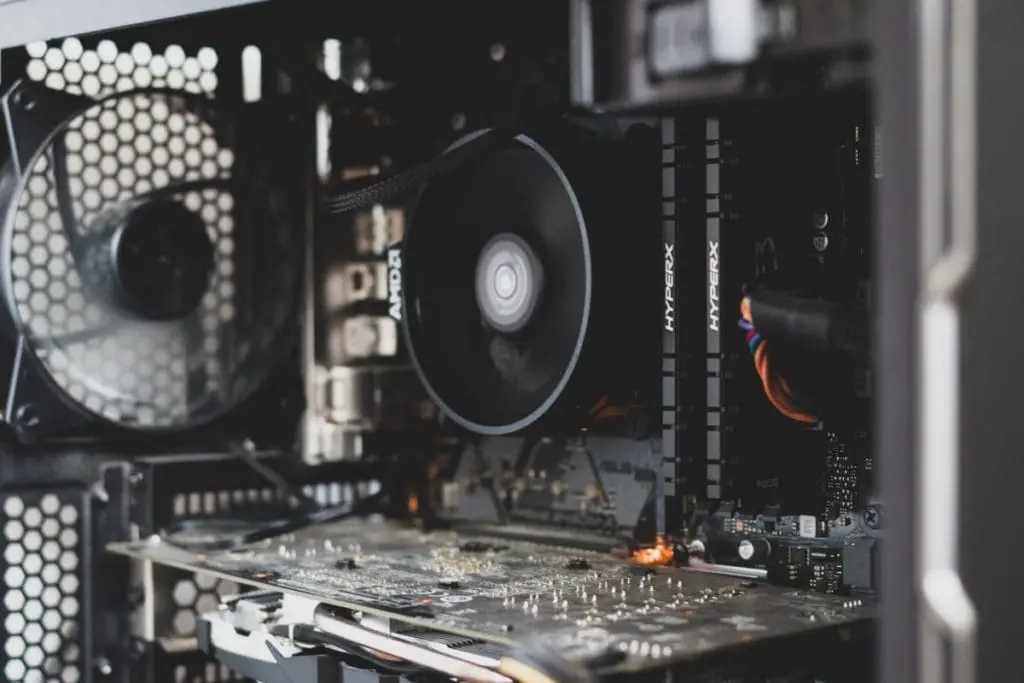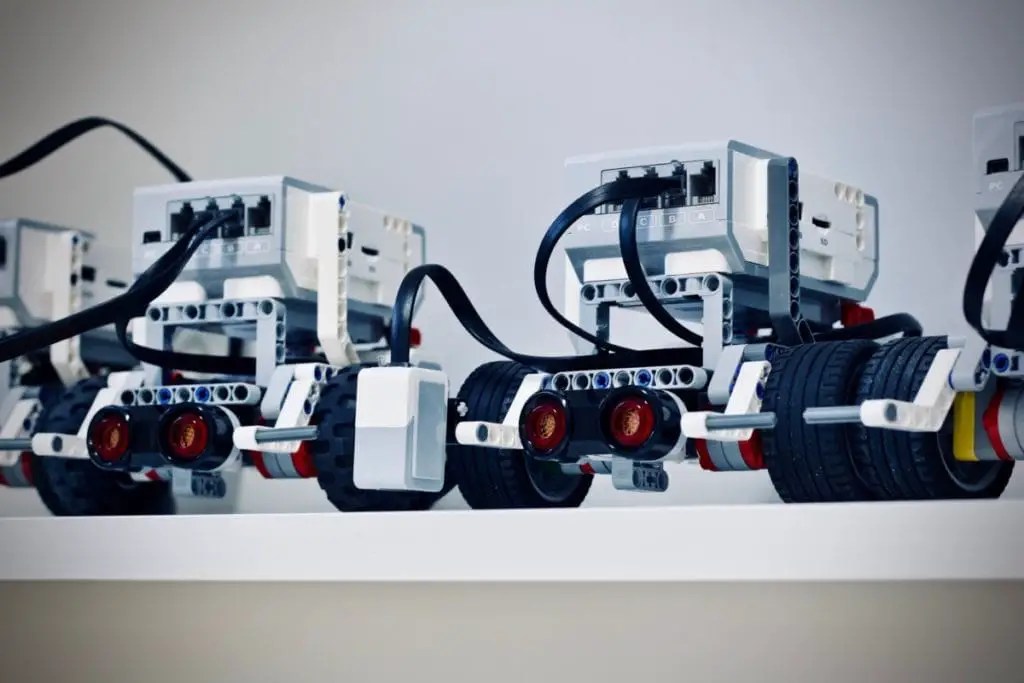For the space geeks out in the world, there are many ways to become involved in the space industry. But when it comes to escaping the gravitational pull of Earth to fly deep into the unknown, engineers are the integral cog in the wheel that allows us to dream of exploring the mysteries of the universe.
Here are 9 Engineering Degree Paths you can embark on to help humanity make interstellar space travel a reality.
- Aerospace Engineering
- Avionics Engineering
- Mechanical Engineering
- Materials Engineering
- Electronics Engineering
- Electrical Engineering
- Software Engineering
- Computer Hardware Engineering
- Robotics Engineering
Let’s take an in-depth look at the roles and responsibilities these engineering paths have in the Space Industry.
1. Aerospace Engineering
As the only engineering discipline with the term “space” in its name, Aerospace engineering is often separated into two branches – Aeronautical and Astronautical Engineering, with the latter commonly referred to as “rocket science”.

In the space industry, an Aerospace engineer is primarily concerned with the development of spacecrafts or their related equipment and systems. This can include their design, build, test, maintenance, or repair.
And spacecrafts don’t only mean rockets. They also refer to communication and remote sensing satellites, space capsules, planetary probes, missiles, space vehicles, space navigational systems, and many more. Such design revolves around the study of materials, aerodynamics, thermodynamics, mechanics, propulsion systems, telecommunication, stability, and control, etc.
2. Avionics Engineering
Along the same path, Avionics Engineers deals primarily with the electronic equipment and systems of Aerospace Engineering. Such electronic systems include communications, navigation, flight safety, landing, as well as the display and management of all systems working together.
In the current space industry, Avionics engineers are responsible for developing systems that are optimized for high reliability at a low mass and cost. This ensures the development of highly reproducible mechanical designs and packaging solutions, which allows the creation of reusable spacecrafts and launch systems.

3. Mechanical Engineering
Mechanical Engineering as per its name involve the analysis, manufacture, and maintenance of mechanical systems.
In the space industry, the roles of mechanical engineers do not differ much from those of an Aerospace engineer. Both specializations apply the same structural, thermodynamics, and fluid mechanics to spacecrafts and related equipment.
For those that are interested in a career in the space industry – because mechanical engineers have such a broad spectrum of capabilities including “systems engineering and architecture, spacecraft configuration, structural analysis and design, thermal management, assembly integration and testing” (memagazing), as well as “automation and robotics, instruments for scientific missions and the assessment of effects of the space environment on materials” (ESA), it is important for mechanical engineers to determine an area of interest and obtain relevant experience rather than being a jack of all trades to excel in the space industry.
4. Materials Engineering
Materials Engineers is an interdisciplinary field involving the study of materials and its applications. It plays an important role in limiting a spacecrafts vulnerability to the malignant effects of space.
The production of spacecrafts such as rockets, space capsules and probes, satellites, etc., require materials that are far from ordinary. They not only have to endure an environment of extreme temperature, aggressive radiation, and high vacuum, they also have to withstand high levels of acoustic noise, vibrations, and transitory G forces that may cause stress corrosions (ESA).
New materials and processing solutions will be required to produce new composites for their corresponding function and environment.
Materials engineers are also responsible for conducting failure analysis to understand why it took place and begin drafting possible prevention methods.
As part of the job, equipment like microscopes, X-ray instruments, spectrometers, thermal cameras, and testing chambers with liquid nitrogen or helium vessels will be utilized to investigate the properties and constitution of different materials (Space Awareness).
5. Electronics Engineering
Electronics Engineering is a sub-field of the wider Electrical Engineering specialization. And in the space industry is responsible for the “design of electronic control equipment used in many areas that include automation and telecommunication” (CSA). Such equipment may be used to communicate with astronauts on a mission or test out satellite antennas before they are used.

But if one were to put it more simply, electronics engineers have the required skills to design, operate, and build electronic systems for the space environment.
But through understanding the intricacies of each specialization, it could be said that despite its overlap, electrical engineers are generally more concerned with the production and distribution of electricity, while electronics design the components and circuits of the electrical equipment.
6. Electrical Engineering
Despite Electrical engineering being divided into a wider range of fields, the general discipline involves the study, design, and application of equipment and systems which use electricity, electronics, and electromagnetism.
In the space industry, electrical engineers take on the responsibility of ensuring that the manufacturing, installation, maintenance, and repair of electrical sets for spacecrafts are safe.
This becomes evident with the onset of solar storms and the danger it poses to the International Space Station. Such storms when powerful enough can cause permanent damage to electrical grids/sets, which would mean power outage and malfunctions to basic life support.
This is only a drop in the bucket of issues that electrical engineers have to beware of and prevent against.
Here are aspects of space disciplines and technologies that electrical engineers are responsible for according to the European Space Agency:
- End-to-End Radio Frequency (RF) systems and techniques
- Security Engineering
- Earth Observation Equipment
- User Ground Segment Equipment and Technologies for Navigation and Telecom
- Microwave and Microelectronics Technologies and Components
- High Accuracy Time and Frequency Associated Tools and Techniques
- Electromagnetics and Wave Interaction Aspects
- Telemetry Tracking & Control Transponders
- Payload Data Transmission
- Onboard Computers, Memories, Data handling for Payloads and Platforms
- On-Board Power Systems (energy storage, power generation, and management)
- Electro-Magnetic Compatibility Aspects
- Space Environment
7. Software Engineering
Software Engineers are primarily focused on designing, developing, maintaining, evaluating, and testing the computer software used in a space mission (CSA).

This might include software for monitoring and commanding spacecrafts from ground stations, as well as orbiting satellites for telemetry and communication.
Joeclu (2019) mentions three primary categories of software that companies in the Space Industry are often looking to maintain and develop – Flight Software (SFW), Guidance, Navigation, & Control (GNC), and Ground Software (GSW). Programs for these softwares are mainly written via older programming languages such as C/C++.
Many private Space companies may hire software engineers to craft functional and aesthetically flawless user experiences for products and services on modern browsers or mobile apps. Starlink by SpaceX is a prime example, as its high bandwidth, low latency satellite broadband network warrants software that the user can understand and manage themselves.
8. Computer Engineering
Computer Engineers in accordance with the Canadian Space Agency is responsible for the design and development of computer systems used in spacecrafts. This may include analyzing the computational tasks of a space project and recommending the required software and instruments.
Computer engineers may also develop hardware like – field-programmable gate arrays or microcontrollers, as well as design operating systems to help integrate different systems into the bigger picture.

Aside from on-board hardware and systems, computer science also proves its value in scientific astronomy for proper data storage, management and analysis.
9. Robotics Engineering
Although not many universities or institutions offer direct robotics engineering programs, robotics engineering is a popular field that overlaps with computer engineering, computer science, electronics, mechatronics, mechanical, electrical, and software engineering.

The development of robotics technology requires expertise from all the aforementioned engineering disciplines, and each discipline will be more adept at their specialized skill sets in contributing to the robotics system. Computer/Electrical/Electronic engineers will be more proficient at coding or the electrical facets of robots, while Mechanical engineers are more proficient in the mechanical function and design of robotics (Interesting Engineering).
The use of robotics in space is broad all across the industry. From the development of the Canadaarm and Dextre for repairs on the ISS that would otherwise require spacewalks, to the Curiosity Mars rover and the Chang’e 4 that pulled off the first-ever soft landing on the mysterious far side of the moon.
The ability to build robotic systems that can withstand the harsh environments of space greatly expands humanity’s capabilities to explore and gather information.
Despite the many possible engineering paths to pursue a career in the Space Industry, engineering is not for everyone. If you ever decide that engineering is not for you, check out the article “5 Ways to Get Involved in the Canadian Space Sector“. There are many ways in making contributions to help humanity become a multi-planetary species!
